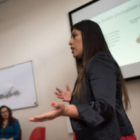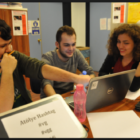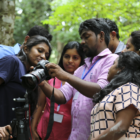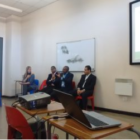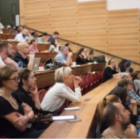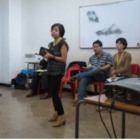GIJC17
Research: “Data-driven journalism: Visualizing the lie versus revealing the truth”
|
This is a research paper that was presented at the Global Investigative Journalism Conference 2017 Academic Track, which IJEC organized and covered.
University professor and database journalism specialist Milagros Salazar researches the role of data in journalism, its potentials and limits.
“Journalism is full of data, but not everything is data journalism. There is a difference between using data and establishing a methodology in journalistic research that has, as a fundamental aspect, the organization, analysis and verification of data to find a real story.
But data alone are not enough. It is important to verify them and put a human face on them in order to find a real story to tell your audience. If data are not tested against the situation “on the ground”, there is a danger that they will show us lies, instead of helping us tell the truth in order to help people take better decisions for their lives.”
